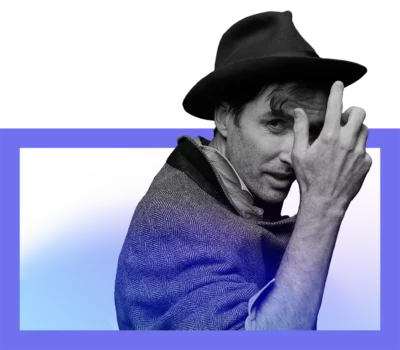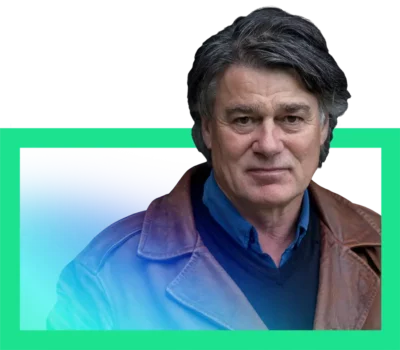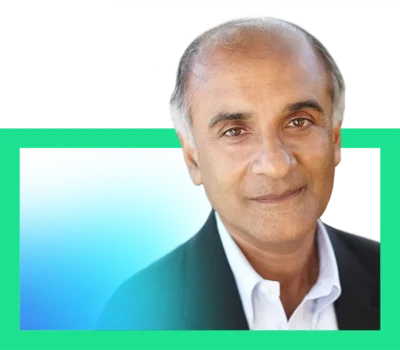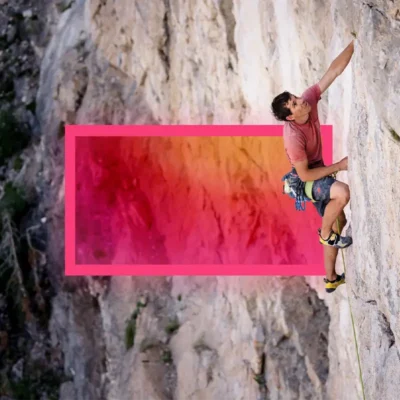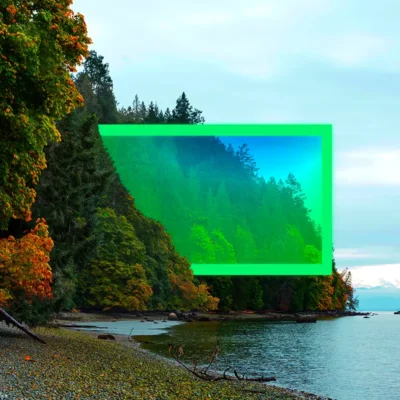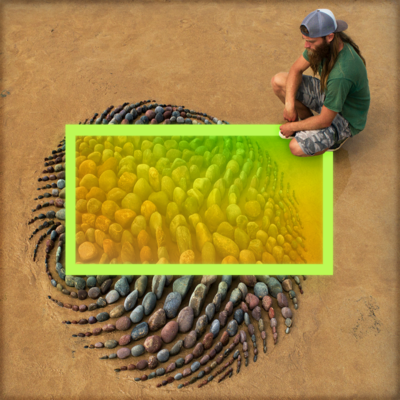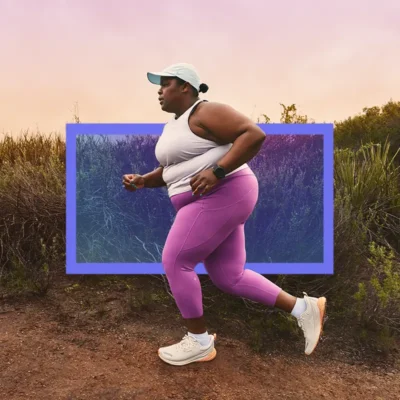How did I get here? Stories of travel and passage
The heart of storytelling is a journey, across time and place. In these four short stories, travel to a remote and lonely farm … a village alive with family … an island teeming with unique life … and a city street that suddenly begins to feel like home. In stories from Andrew Bird, Nadia Owusu, David Whyte and Pico Iyer, linked and contextualized with meditations from Rohan.
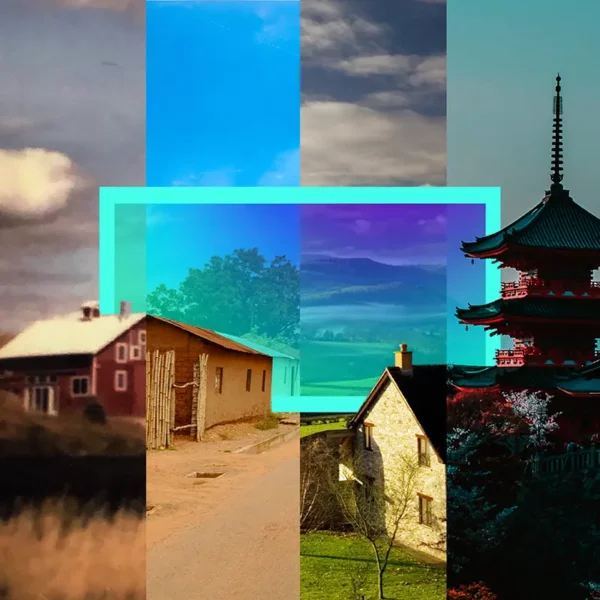
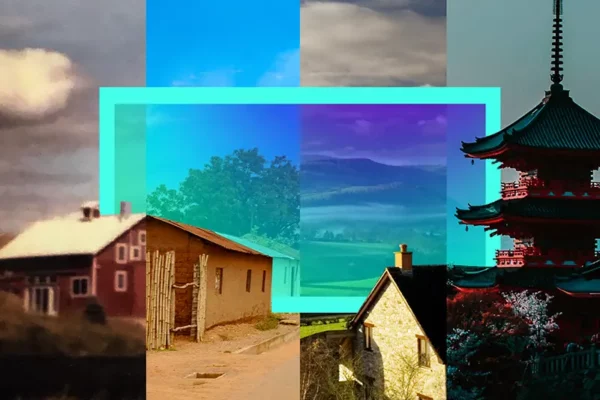
Transcript:
How did I get here? Stories of travel and passage
ROHAN GUNATILLAKE: Hello everyone. Rohan here, your host of Meditative Story. While we’re working on Season 4 – which is coming very soon – I want to take you back to a few moments from past seasons that I’d love us to revisit … this time with a bit of additional context that I’ll be providing. I think it will deepen the meaning behind these episodes for you, and perhaps help in some way as we reflect on their themes.
We’ve put together a particularly excellent episode today, so take a few moments to get comfortable and settle in with us.
I don’t know about you, but the gradual re-opening these days has reminded me how much I love to travel – and how much I’ve missed it.
Travel can mean a dozen different things to a dozen different people, of course. Travel can be epic, and it can be the tiniest step into the unfamiliar. It can be literal, and it can be … less so. Whatever definition you’re working with, there’s a journey of some sort at the heart of it. And journeys are nothing if not stories, stretched out over time and place.
Our first look back is a Meditative Story from Andrew Bird, the brilliant singer and songwriter. Years ago, at the beginning of his career, it wasn’t at all clear where he was heading. So in that moment he flees the safe but creatively stagnating big city, and moves to a remote farmhouse in Western Illinois. What happens there is surely one of the greatest testaments to the creative power of travel. Listen to episode 36 for the full account. As a lover of Andrew’s music, I personally would be bereft had he not made that trip.
The body relaxed. The body breathing. Your senses open. Your mind open. Meeting the world.
ANDREW BIRD: The day I move out to my family’s old farm from my Chicago apartment, I spend hours loading up everything I can squeeze into my 1990 Dodge Ram van Holiday Coach special. Every inch of space is employed – on the seats, underneath them, in the back, piled up to the ceiling. I throw out what I can’t pack. I put my record collection in storage. It’s an icy cold winter day. The winds from Lake Michigan are blustery, and I’m doing everything myself, without any help. This loneliness is something I will come to know.
So I get to the farm at dusk. I am still working on the place, still staining boards that will go on the roof of the barn where I’ll sleep and work. The sky is purple, and it begins to snow. I stand before 300 acres of corn and soybeans, forest and springs on the hilly country around the glacier-scarred lands of the Upper Mississippi valley.
On these old farms the first things that are built are the barns. This one resembles a child’s drawing. It’s your classic, midwestern, red with white trim. A little dome-like cupola sits up top with a weather vane. The structure is quarried out of the side of a limestone hill. It’s picturesque.
It’s out here that I wrote my first song, on the front porch of the farmhouse, when I was 18. It was called “The Nothing Doing Waltz.” The farm has always felt like a creative place, an inspiring place.
Cows stand outside in the barnyard. Their tongues make a distinctive abrasive sound as they lick the ice off the concrete wall. It’s a monochromatic landscape, primarily gray and white with dry dead grasses, that sandy color of a golden retriever.
So, I go out to the coop to check on the chickens. As I round the corner, on the back of my grandfather’s ’73 Chevy pickup truck is a peacock. Its big, prehistoric-looking claws grip the back of the truck. Its tail feathers drape down over the side, all the way down to the ground. It has its hackles up, and it looks at me. The chickens are nervously cooing in the coop. They’re like freaking out over this giant bird stalking them.
Am I delirious? I think for a moment I might be hallucinating. This is Illinois, in February. Not the ideal habitat for a peacock. I keep returning to the coop to look at it again, to see if it’s real. How is it surviving through the winter? I picture it jumping over fences and bounding through the snow amidst the coyotes and wolves and all of the predators out here. They could see this thing coming miles away. I came here to get away from the city, but this strange new reality is nowhere close to anything that I could have anticipated.
At this moment, it occurs to me that I haven’t really thought this thing through at all. I thought I’d bring my band out here and make records and not worry about paying for studio time. I thought my friends would come and hang out. Then I forget that no one has a car. There’s no train that comes out here. Standing out here in the snow it suddenly comes to me as something of a revelation: This is the beginning of my solitary adventure. So how did I get here?
GUNATILLAKE: I believe that last question – “How did I get here?” – is one we long to ask ourselves from time to time, for it means we’ve dared to get lost in one way or another.
We lose ourselves, often enough, in order to find ourselves. Whiting Award-winning author and urban planner Nadia Owusu grew up with the kind of fractured identity that often comes with having a parent who’s a globetrotting diplomat. I hope you’ll make a point of finding her full story later, on episode 54. It’s on a trip to her father’s village in Ghana, later in life, that Nadia begins to piece together a truth that long eluded her.
NADIA OWUSU: Auntie Harriet stands outside the bus station in Kumasi when I arrive. She is wearing a lovely Ghanaian print dress, and she has had her hair freshly braided. Her smile is big and warm.
Auntie Harriet is the reason I am here. My grandfather’s health is in decline, and she is organizing a family visit. She calls often. She writes letters. I go such a long time without reaching out to the people I care about, but Auntie Harriet is very intentional about staying connected.
When my father died, she insisted her door would always be open, that I would always have a home with her. There were many offers like this from the men and women in my father’s family, from all over the world, but I didn’t know how to accept them. I was hardly even able to acknowledge them, being so wrapped up in my grief. Moving from place to place as often as I have, relationships are things I leave behind and move on from. I am careful to avoid attachments.
This isn’t the first visit to Ghana Auntie Harriet has organized, but it’s the first I am joining. I can afford to travel now that I have a career. I find, somehow, that I want to be here now.
As we drive along the uneven roads, Auntie Harriet tells me for a second time that Nana has no idea I am coming, how surprised she’ll be. After all, I was only a child when she last saw me. It shocks me to consider this – that I haven’t seen Nana since I was a child. She was a steady presence in my life for so many years.
The white cottage comes into view. I notice the open, front porch where Nana holds court. She sits here all day while visitors come and go, complaining to whoever arrives about the person who is just leaving. She even takes her meals here. Nana is surrounded by my aunties, who all rise to their feet and erupt into song as we walk to the house.
“What’s going on?” Nana yells. “Why are you making such a fuss?”
I step onto the porch. She looks up and squints to make out who it is.
“It’s Nadia,” an auntie tells her.
“Nadia?”
Her face is filled with disbelief. Her mouth is open. Tears form in her eyes. She stands up and takes me into her arms. And I think to myself, Wow. This body. I remember this body. I miss this feeling of this body.
This longing I’ve somehow stopped paying attention to. When my father died, I accepted my loneliness as a fact, something permanent. But disconnection is too painful now, I want to leave it behind. At this moment, being in Nana’s arms is the safest resting place I could ever imagine. I need this.
We laugh and cry as my aunties dance and sing around us – it is a traditional homecoming song I remember from childhood to welcome family members home from a journey. Now they’re celebrating me coming home.
GUNATILLAKE: A favorite thing for me about Meditative Story is that one minute you’re there with Nadia and her aunties in Ghana, and the next you’re thousands of miles away, alone, on a volcanic archipelago in the Pacific Ocean. The poet David Whyte spends his formative years on a windswept little farm tucked under a mountain in Wales, as he describes beautifully in episode 70. But it’s a challenging sojourn to the Galápagos Islands that shows him what he needs to see at that moment in his life.
DAVID WHYTE: Soon after graduating, life and luck takes me away to the Galápagos Islands, but armed with my scientific knowledge not as a question but as a weapon almost with which I would subdue the ecology of the islands to my naming, my understanding, and my organizing powers as a scientist. A second Darwin, perhaps.
Only a few short months into time amongst the bird cries, the incoming waves, and the disturbing everyday inter-animal violence of the life there, I find that none of the animals or birds have read a single zoology book that I have read. That they have lives and secret selves unmediated by human classification and naming.
To my consternation, I find that I am really not equipped with a language to describe what I am experiencing: most especially the imminent sense of death and disappearance that is present in those islands. One evening on the boat I am guiding, staring at the swift falling equatorial sunset, I find myself quietly unraveling, my firm sense of self with which I had reached the islands, broken apart by the complex interwoven immensity of what I was witnessing. For a while, in those islands, I am just barely holding on to the fixed sanity I brought with me.
But not just witnessing. One other day, three months into my time there, I am on a new boat as a guide, with a new crew who have still not accepted me, with new people who are irritating me, with a newly woken, more vulnerable me, not knowing how to fit anywhere in the world, natural or human, and I have to say, walking along, feeling a little sorry for myself. To comfort myself with some sort of insulated aloneness, I walk 20 paces ahead of everyone along the path, and there on a branch right across the path, at eye level, I come across an unblinking, unmoving guardian to the secret of my future life, and in a way, the work and the writing I will do in that life.
Staring straight at me with tawny yellow eyes, feathers ruffling in the morning breeze, a Galápagos hawk.
I stop, everyone stops behind me; the hawk just stays there looking back, swaying slightly on its branch, yellow hawk eyes staring into my brown human eyes. I stop, and I stare back. I am looking into the essence of hawk-ness in the world. I am looking straight into the well and the depths of its eyes, I am looking at that corner of creation which laughs at any manufactured name we have given it, but is hawk-ness itself. Time stops its linear procession and begins to radiate from where I stand. I feel simultaneously a physical, body unraveling and a sense of revelation all at the same time. The surprise in the revelation is that I have the experience of the hawk looking just as deeply into that corner of creation that I occupy in my humanity. But it is looking straight beneath any surface personality, any David Whyte-ness, and straight to another, unnameable foundation that I am just beginning to understand.
GUNATILLAKE: After this past year, the allure of travel is an interesting one – many of us feel the urge to put distance between ourselves and the confines of our lives during quarantine. But wherever you get off the train, it’s still you, even if the weather and the food are different.
On a 20-hour layover in Japan, the legendary travel writer Pico Iyer sets out to explore a new city, and perhaps to distract himself with the unfamiliar. But as he recounts in episode 2, what actually happens is something different entirely.
PICO IYER: I didn’t know then that Narita Temple is actually one of the most celebrated pilgrimage sites in all Japan, a magnet for a thousand years. I couldn’t have guessed that the Dalai Lama sent Tibetans to study there. I simply knew that something in me had fallen away – some armor, perhaps – and in the process some window had opened, onto a much larger landscape.
I followed a path then around to the temple’s large garden, and there I saw a flock of kindergarteners, in pink and blue caps, scattering silently across a lawn, collecting autumn leaves. The air was sharp, clear, but I could feel that first pinch of coming cold and dark.
I couldn’t tell you why but I felt I knew the place. I knew it better than I knew the English road on which I’d been born, better than the apartment where I lived now on 20th Street. It was like a home that had been waiting for me forever.
Thailand and Macau, Hong Kong and Burma, they’d all quickened me beyond expectation. Each day, a greater wonder than the day before. And yet the place that really changed my life was the place I had never wanted to go to.
And as I boarded the 12 hour flight back to JFK, all I could think was: How? How can I get myself back into that autumn scene? It felt like a painting with a cardboard cutout, which was missing one final element. That element was me.
It took me three full years to disentangle myself from my job, but finally I did, and I quit my 25th-floor office, and I moved to an empty single room on the backstreets of Kyoto. I’ve been living in Japan now more than 30 years, and I never look back at the life I left. Not to have returned here would have meant being in exile for all my life.
We all have secret homes, I believe, and the beauty, the promise of our global world is that sometimes we are able to find them – and thanks to technology, even to inhabit them. The places where we belong, the places that belong to us, they’re not always the ones with which we have official affiliations. They’re the places that uplift and transport us for no good reason at all.
GUNATILLAKE: Thank you Pico. I love the idea of us all having secret homes, somewhere out there. What a happy and intriguing thought to end on. Thank you to David, Nadia, and Andrew, as well. I hope you found their journeys as transporting as I did.
And now, let’s reconnect with where we are right now. Take a moment to breathe, and feel your body wherever it is in this moment. That, too, can be a journey of sorts.
I look forward to bringing you all-new stories in our next season. In the meantime, a request. If Meditative Story is having a profound impact in your life, please consider supporting the podcast by becoming a Member at MeditativeStory.com/member. You can learn more about membership at MeditativeStory.com/member. Thank you for being here with us, and may your summers bring you somewhere interesting, memorable, and fulfilling.

